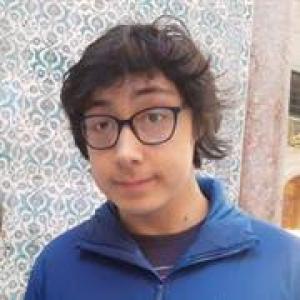
I study the genomes of past organisms by directly analysing the DNA (“ancient DNA”) from their preserved remains, often from archaeological or geological contexts. Remains like subfossilised bones and teeth, or environmental substrates like buried sediments, can often be a genetic palimpsest: a mixture of ancient DNA from many different microbes, plants and animals. I use this data and approaches from population genetics and metagenomics to understand how ecosystems change through time, with a particular interest in past zoonotic diseases (transmitted from animals to humans), like plague.
- Postdoctoral Research Fellow, Research Department of Genetics, Evolution and Environment, University College London (from 2024 to 2025)
- PhD in ancient genomics, Darwin College, Cambridge (from 2021 to 2024)
- MPhil in biomolecular archaeology, Darwin College, Cambridge (from 2020 to 2021)
- B.A. in biological anthropology, Homerton College, Cambridge (from 2016 to 2020)
Ancient DNA, metagenomics, environmental DNA, (palaeo-)pathogenomics, ecology, ecosystem archaeology.
- Guest Researcher, Genomics Institute, University of Tartu (since 2025)
- Scientific Associate at the Natural History Museum, London (since 2021)
- Visiting researcher at University of Copenhagen (since 2019)
- Honorary Research Fellow at University College London (from 2020 to 2023)
- Member of various professional societies.